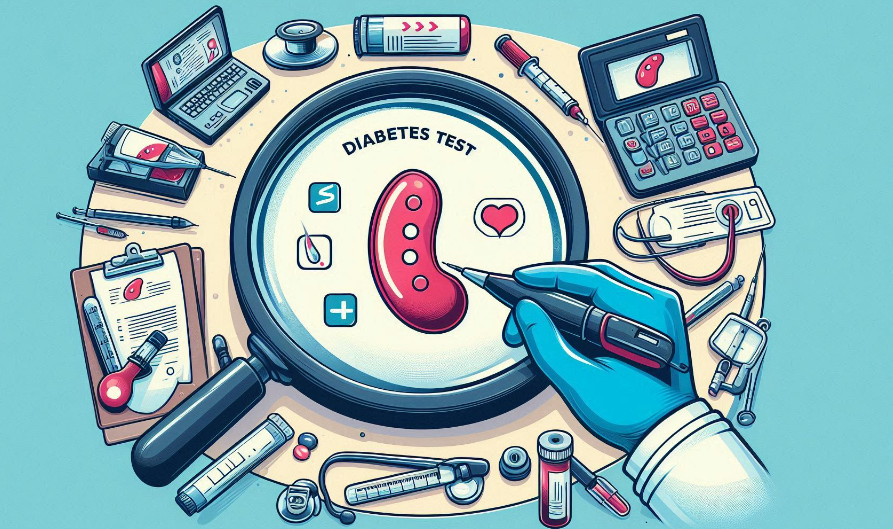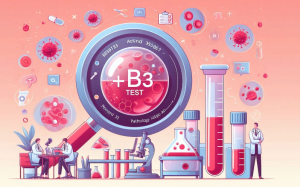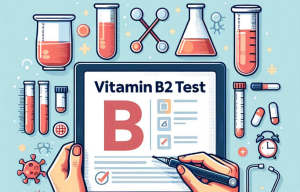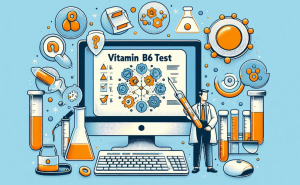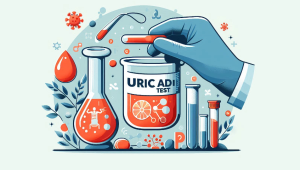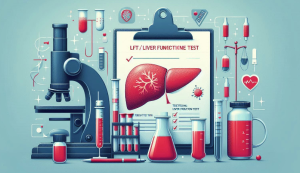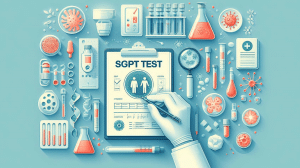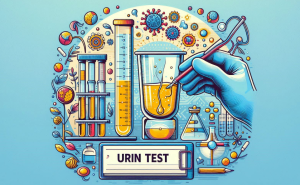What is a Diabetes/Blood Sugar Test?
A diabetes/blood sugar test, also known as a glucose test, measures the amount of glucose (sugar) in your blood. Glucose is the primary source of energy for your body’s cells, and its levels are regulated by the hormone insulin. Diabetes is a chronic condition characterized by high blood sugar levels due to either insufficient insulin production or the body’s inability to use insulin effectively.
Why Do You Need a Diabetes/Blood Sugar Test?
Blood sugar tests are crucial for:
- Diagnosing diabetes: Identifying elevated blood sugar levels is key to diagnosing diabetes.
- Monitoring diabetes: Regular blood sugar checks help people with diabetes manage their condition and track the effectiveness of their treatment plans.
- Screening for prediabetes: Detecting elevated blood sugar levels that are not yet in the diabetic range can identify prediabetes, allowing for early intervention and lifestyle changes to prevent progression to diabetes.
- Assessing gestational diabetes: Pregnant women are screened for gestational diabetes, a temporary form of diabetes that can occur during pregnancy.
What Does a Diabetes/Blood Sugar Test Measure?
Blood sugar tests primarily measure the concentration of glucose in your blood. They can also indirectly provide information on:
- Insulin function: How well your body produces and uses insulin.
- Risk of diabetes complications: Consistently high blood sugar levels increase the risk of long-term complications like heart disease, nerve damage, kidney problems, and vision loss.
Preparing for the Test
Preparation for a blood sugar test depends on the type of test:
- Fasting blood sugar test: Requires fasting for at least 8 hours before the test.
- Random blood sugar test: Can be done at any time, regardless of when you last ate.
- Oral glucose tolerance test: Involves fasting overnight, then drinking a sugary solution, and having blood sugar levels checked periodically over several hours.
- Hemoglobin A1c (HbA1c) test: Measures your average blood sugar control over the past 2-3 months and does not require fasting.
Always follow your healthcare provider’s instructions for any specific test preparation.
Understanding the Results
Blood sugar test results are interpreted based on the type of test and established reference ranges. General guidelines:
- Fasting blood sugar:
- Normal: Less than 100 mg/dL
- Prediabetes: 100-125 mg/dL
- Diabetes: 126 mg/dL or higher on two separate tests
- Random blood sugar:
- Diabetes: 200 mg/dL or higher
- Oral glucose tolerance test:
- Normal: Less than 140 mg/dL after 2 hours
- Prediabetes: 140-199 mg/dL after 2 hours
- Diabetes: 200 mg/dL or higher after 2 hours
- HbA1c:
- Normal: Less than 5.7%
- Prediabetes: 5.7-6.4%
- Diabetes: 6.5% or higher on two separate tests
Risk Factors and Prevention
Several factors can increase your risk of developing diabetes:
- Family history: Having a close relative with diabetes increases your risk.
- Obesity: Excess weight, especially around the abdomen, is a major risk factor.
- Sedentary lifestyle: Lack of physical activity increases the risk.
- Age: The risk increases with age, particularly after 45.
- Race/ethnicity: Certain racial and ethnic groups have a higher risk.
- Gestational diabetes: Having gestational diabetes increases your risk of developing type 2 diabetes later in life.
Prevention and management of diabetes involve:
- Healthy lifestyle: Maintaining a healthy weight, eating a balanced diet, and getting regular exercise are essential.
- Medications: If lifestyle changes are not enough, medication might be necessary to manage blood sugar levels.
- Regular monitoring: Regular blood sugar checks and follow-ups with your healthcare provider are crucial for managing diabetes and preventing complications.
Remember, early detection and proper management of diabetes are essential for maintaining good health. If you have any concerns about your blood sugar levels or risk factors for diabetes, talk to your healthcare provider.

 7351982473
7351982473